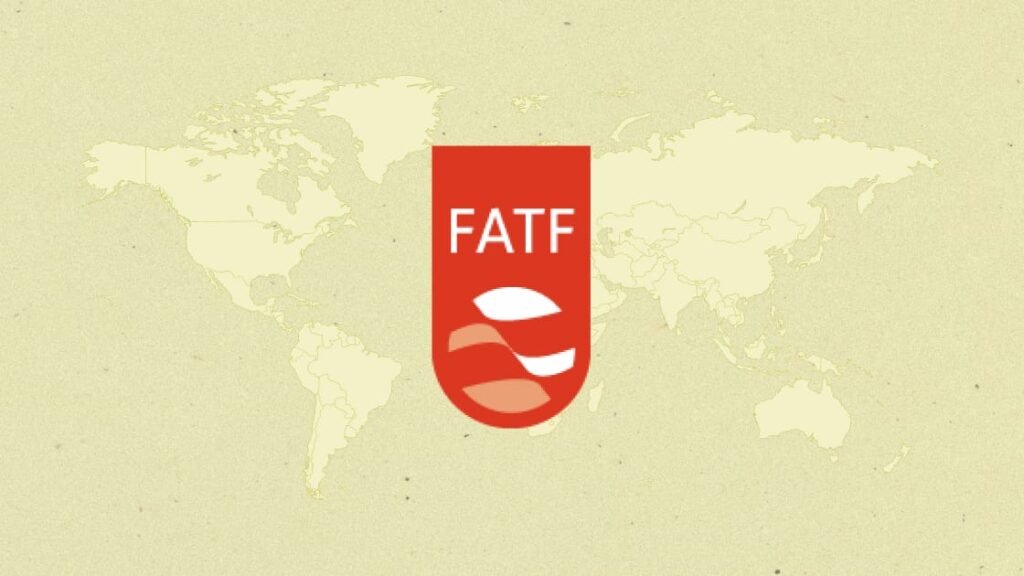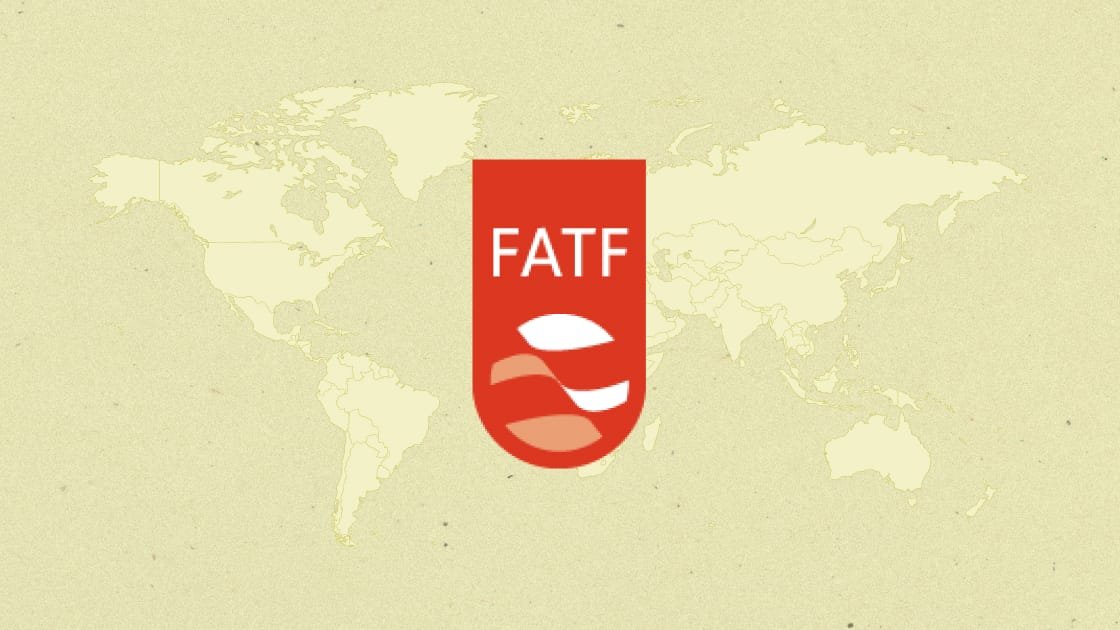Nigeria and South Africa are awaiting a decision from the Financial Action Task Force (FATF) that could see both countries removed from the grey list when the global watchdog meets in Paris on October 24.
The FATF, which monitors international compliance with anti-money laundering and counter-terrorist financing standards, placed the two economies on its watchlist in February 2023.
The move followed concerns over weaknesses in their frameworks for tackling illicit financial flows.
According to Bloomberg, FATF assessors carried out on-site inspections in Nigeria, South Africa, Burkina Faso, and Mozambique in recent months.
The visits were part of a follow-up process to evaluate the implementation of corrective measures.
The assessments, the report noted, pointed to “substantial progress,” creating the possibility that the four countries could be delisted at the October plenary session.
However, the decision will require consensus among FATF’s 39 member jurisdictions, which include the United States, the United Kingdom, the European Commission, China, Japan, and India.
Lauren van Biljon, Senior Portfolio Manager at Allspring Global Investments UK Ltd, said the removal of Nigeria and South Africa would signal a shift in investor sentiment.
“It would be confirmation that the reforms and measures put in place in the wake of the grey listing are both significant and sticky,” van Biljon said.

She added that while immediate effects might be limited, “asset prices could see a short-term increase.”The FATF grey list is closely watched by investors and regulators worldwide.
A 2021 study by the International Monetary Fund found that countries on the list often experience significant reductions in capital inflows, as investors are deterred by reputational risks.
For Nigeria and South Africa, both of which have been battling inflation, weak currencies, and strained fiscal positions, delisting is expected to ease investor concerns and bolster financial stability.
In February this year, the Chief Executive Officer of the Nigerian Financial Intelligence Unit (NFIU), Hafsat Bakari, said Nigeria was on track to exit the FATF list by the end of 2025.
“We have implemented critical reforms and strengthened inter-agency coordination,” she said at the time, noting that FATF’s final decision would be based on technical reviews.
The outcome of the Paris plenary will determine whether the two largest economies in Africa can shed a designation that has weighed on investor confidence since 2023.








